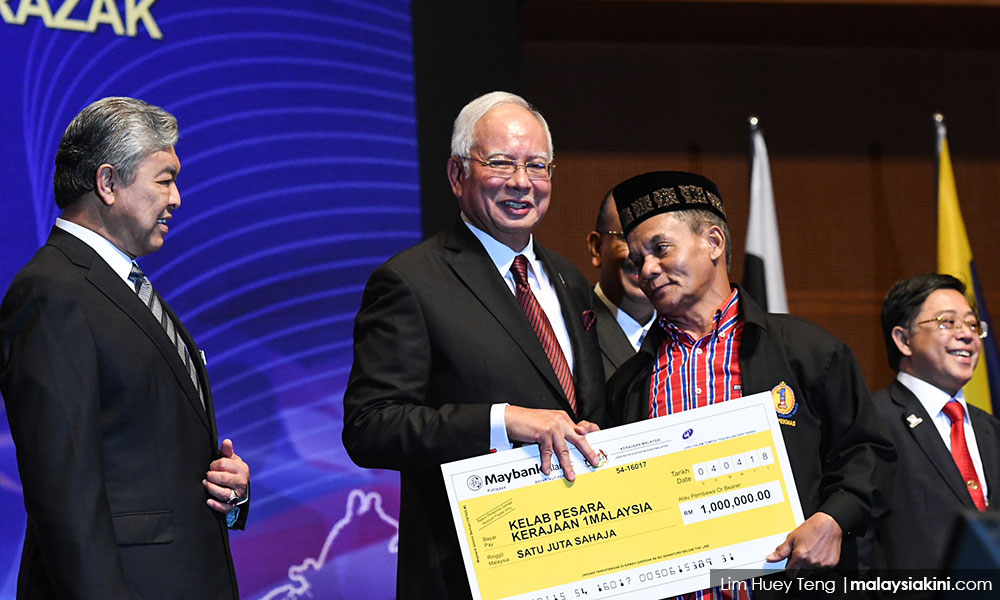
The dissolution of Parliament and the calling of GE14 results in the Najib administration becoming a caretaker government until election day. The expression “caretaker government” is accepted in practical politics, rather than defined in constitutional or legal terms.
It represents a political reality, namely, to describe a government that is in charge of a nation on a temporary basis and for a short duration. A caretaker government is thus an interim government, not intended to govern on a permanent basis.
The practical effects of the BN caretaker government are that:-
i. the affairs of the state are still notionally in the hands of the prime minister and his cabinet, and they still represent the executive branch. But they would be busy campaigning on a full time basis to ensure their re-election. Thus their full attention would be devoted to party matters, rather than to governmental affairs; and
ii. the implementation of executive decisions and the day to day administration of government continues to be carried out in the usual manner by the civil service. The bureaucrats who manage the public affairs of the nation continue to do so;
What the BN caretaker government should not do is take policy decisions of a long term nature or which would bind the next government. Likewise, it should not enter into contracts involving taxpayers’ money and the public purse.
A new government is perfectly entitled to review such contracts and terminate them if they are not in the public's interest.
No gov't machinery, funds
A caretaker government certainly cannot give away monies from the consolidated fund: such actions would constitute blatant electoral offences. Its effect would also be to worsen our ever-growing national debt.
It would be clear therefore that the essence of the concept of a caretaker government is to equalise the position of the ruling party with the opposition in the lead-up to the polls. The objective is to have a level playing field in order to promote free and fair elections.
When campaigning for votes, the BN as caretaker government should not be using public property, like planes, helicopters, motor vehicles and government halls, which belong to the people because they are paid from taxpayers’ funds. Because the opposition cannot use such public property, neither can the ruling government.
A clear demarcation between government work and party work must be applied. Likewise, access to mass media (TV and radio) which are funded by taxpayers’ money. BN has been treating Angkasapuri as its private property - it is not, and must be shared with the opposition coalition in the next two months.
One need not multiply examples to make the point.
TOMMY THOMAS is a senior lawyer, who occasionally writes on political and economic matters.
TOMMY THOMAS is a prominent lawyer and social commentator. -Mkini



No comments:
Post a Comment
Note: Only a member of this blog may post a comment.